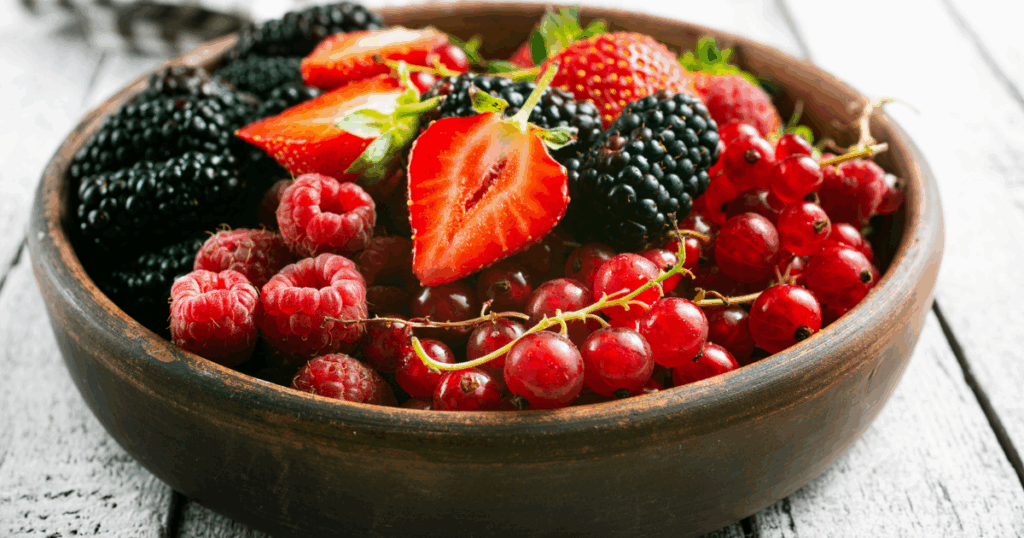What Is Inflammation and Why Does It Increase After 40?
Inflammation is your body’s natural healing response to stress, injury, or illness. But when inflammation becomes chronic—low-grade and long-lasting—it quietly damages your cells, tissues, and hormones.
After 40, estrogen levels begin to decline, which naturally reduces your body’s anti-inflammatory protection. Combine this with stress, processed food, poor sleep, and less movement, and chronic inflammation can become your body’s default setting.
As a family nurse practitioner, I see many women struggling with weight gain, joint pain, fatigue, and mood swings—only to find inflammation at the root.
The good news? Inflammation is reversible with consistent, gentle care.
Signs of Low-Grade Inflammation in the Body
Chronic inflammation doesn’t always look dramatic. Here are some common signs:
- Fatigue that doesn’t improve with rest
- Bloating or digestive discomfort
- Brain fog or poor focus
- Joint pain or stiffness
- Puffy face or hands
- Skin flares (acne, eczema, rosacea)
- Belly fat that won’t budge
- Waking up tired despite enough sleep
These symptoms are your body’s way of saying, “I’m inflamed. I need support.”
Foods That Fight (and Fuel) Inflammation
The food you eat every day plays a major role in your inflammatory load.
Anti-inflammatory all-stars:
- Berries (blueberries, strawberries, raspberries)
- Leafy greens (kale, spinach, arugula)
- Fatty fish (salmon, sardines, mackerel)
- Turmeric and ginger
- Olive oil (extra virgin)
- Nuts and seeds (walnuts, flax, chia)
- Green tea and matcha
- Avocado
Foods that promote inflammation:
- Refined sugar (sodas, pastries, sweetened cereals)
- Ultra-processed foods (chips, crackers, frozen dinners)
- Vegetable oils (canola, soybean, corn)
- Alcohol (in excess)
- Artificial additives and dyes
💡 Tip: Crowd your plate with real, colorful, whole foods. Think of your meals as medicine.
Simple Anti-Inflammatory Habits to Practice Daily
Inflammation isn’t just about food. Your daily rhythm also plays a key role.
1. Sleep 7–9 Hours
Deep sleep is when your body repairs and detoxifies. Inconsistent sleep increases inflammatory markers like CRP.
2. Move Your Body Daily
Gentle, consistent movement reduces systemic inflammation.
- Walks
- Strength training
- Yoga or stretching
3. Manage Stress
Cortisol spikes contribute to inflammation.
- Practice daily breathwork
- Unplug from social media in the evening
- Laugh more, worry less
4. Stay Hydrated
Water helps flush out toxins and supports joint and skin health.
- Aim for half your body weight in ounces daily
5. Balance Your Blood Sugar
Unstable blood sugar spikes insulin, which fuels inflammation.
- Eat protein + fat + fiber at every meal
- Avoid skipping meals
When to Seek Medical Support or Lab Testing
If you suspect chronic inflammation is impacting your health, ask your provider about:
- High-sensitivity CRP (C-reactive protein)
- HbA1c (blood sugar stability)
- Vitamin D and Omega-3 levels
- Thyroid and hormone panels
🩺 As a practitioner, I often recommend starting with lifestyle shifts first—but labs can confirm your progress and help guide next steps.
If you have autoimmune conditions, chronic joint pain, or fatigue, don’t hesitate to advocate for deeper testing.
Final Thoughts from Me to You
Inflammation isn’t your enemy—it’s your body’s alarm system. It’s not asking for punishment. It’s asking for peace.
The best anti-inflammatory plan isn’t extreme. It’s consistent, calming, and nourishing.
Start with your next bite. Your next breath. Your next bedtime.
You don’t have to do everything at once. Just begin where you are.

